Subjectivity of thought
…refers to the development of a child’s ability to understand and interpret their own thoughts, emotions, and the thoughts and emotions of others.
Tackle uncertainties inherent in life & decision-making, acknowledging uncertainties and risks as integral parts of the learning process.
help humanity to
“not go gentle into that good night”
we shape transformative, inclusive educational landscapes that allow learners
to navigate complexity, embrace diversity, accept ambiguity, host contradiction
& make sense of the complicated, uncertain nature of the world
… shaping the Future through Thinking
Revolutionise Language Education
Empower Learning
Enhances Cultural Literacy
Promote Lifelong Learning
OlOn proudly presents ‘letIthink‘, a pioneering Schema of Work designed to prepare learners for the existential challenges of the future.
Rooted in complexity science and driven by methodologies of criticality, subjectivity, creativity, non-directivity and cosmopolitanism, ‘letIthink‘ opens new dimensions in critical and creative thinking.
… learning as a social complex adaptive system …
What is ‘letIthink‘?
‘letIthink‘ is an innovative educational framework aimed at addressing the existential threats humanity faces in the coming decades and centuries.
This schema encourages learners to engage with contemporary realities, embrace complexity, and develop a holistic understanding of the interconnectedness of our world.
By fostering critical and creative thinking, ‘letIthink‘ empowers students to shape a better future for humanity.

letΙthink utilises critical & creative thinking to problem-solve & act upon Glocal existential risks
Raise awareness of contemporary realities in our ecosystem
& foster creative diversity to shape presents & bridge futures
Cultivate a critical outlook, engage in thoughtful analysis
& respond to current prevalent Glocal events
Navigate & experience the uncertain nature of the world
by embracing complexity, ambiguity, contradictions
Explore interconnections between various knowledge fields
& promote a holistic understanding of reality
Promote ethics of human condition by fostering values
as empathy, responsibility & respect for the Other
Recognise our ecological & planetary dimension
by nurturing identity & citizenship in a complex world

Our Ethos
‘letIthink’ envisions an educational landscape that inspires curiosity, critical thinking, and creative problem-solving.
Our goal is to prepare students for the complexities and uncertainties of the future
The ‘letIthink’ Schema is designed to nurture critical and creative thinking in young learners by encouraging them to question, analyse and explore. Our vision is to create a learning environment that values subjectivity, non-directivity, and cosmopolitanism.
Our curriculum aims to develop a dynamic process of learning to know, fostering the actualisation of potentialities and the creation of networks. The ‘letIthink’ Schema encourages children to see relationships as dynamic and learning as emergent, preparing them for a complex, interconnected nature of reality.
By integrating complexity science and subjectivity, we aim to move beyond static knowledge to a dynamic learning process. The letIthink Schema emphasises the importance of personal insight and multiple perspectives, fostering a holistic understanding of the world.

Our Method
Educators will receive training in non-directive teaching methodologies and complexity science. Ongoing professional development and access to specialised resources will ensure they are equipped to deliver the schema effectively.
We provide extensive support for educators to deliver the curriculum effectively. Our approach integrates a wide range of enquiry types, hands-on learning experiences, and interdisciplinary exploration.
This ensures that the curriculum is engaging, flexible and adaptable to the needs of all learners
Regular collaborative planning sessions will be held to align teaching strategies with the schema’s objectives. Teachers will be supported by experienced mentors and provided with resources to integrate critical and creative thinking activities into their daily routines.
A comprehensive support network, including interdisciplinary experts, will be established to assist educators in implementing the schema. We will also be able to extend your training through INSET days and after-school Workshops during the academic year. Online platforms and forums will offer continuous resources, lesson plans, and opportunities for sharing best practices.

Our approach
The impact of the letIthink Schema will be evaluated through a combination of formative, progressive and summative assessments.
Regular feedback from teachers, parents and students will be collected to gauge progress and make necessary adjustments.
We continuously evaluate the impact of our curriculum through comprehensive assessment materials. Our focus is on meaningful outcomes that enhance students’ critical and creative thinking skills, preparing them for future academic and professional success
A comprehensive evaluation framework will be used to measure the schema’s effectiveness. This will include observational assessments, standardised tests and qualitative feedback, ensuring a holistic understanding of its impact on children’s development.
Continuous monitoring and periodic reviews will be conducted to ensure the schema exceeds the National Curriculum needs. By analysing qualitative, quantitative and mixed-methods data, we will measure the schema’s success in fostering critical and creative thinking in young learners.

Our Schema of Work covers a broad range of contemporary issues, ensuring a thorough and balanced education in critical and creative thinking, as well as around Early Subjectivity of Thought.

We explicitly integrate diverse enquiry types, promoting hands-on, exploratory experiences that focus on a specific problem, approached from abstract, pictorial & concrete perspectives.

Our Schematic lessons emphasise the interconnections between various knowledge fields, fostering a holistic understanding of our personal and social reality.

We promote ethics to navigate an increasingly complex, interconnected future.
Our curricula are designed facilitate existence reach its potential.
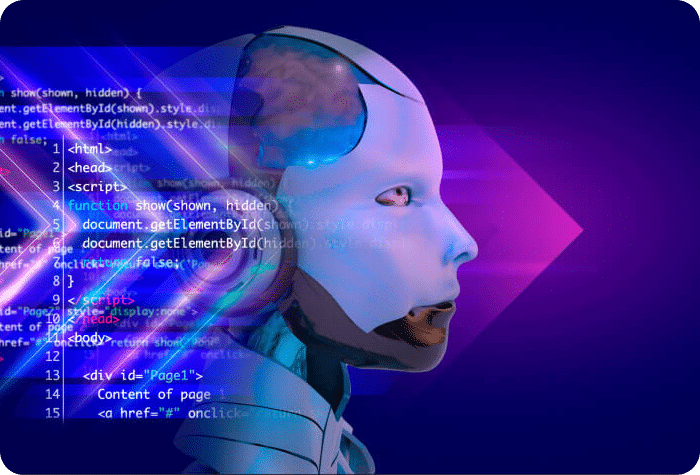
Non-linear Understanding
recognises that learning is dynamic and interconnected
Emergence
focuses on how complex systems arise from simple interactions
Dialectical Becoming
opposites as complementary, balance via communication
Synthesis & Integration
synthesis of opposites as complementary pairs
Analytical Reflection
epi-analysis, questioning assumptions, evaluations
Creative Problem Solving
expressive freedom for creative ideas and solutions
Multiple Perspectives
values diversity of individual experiences and viewpoints
Personal Insight
exploring personal insights, subjective perspectives and contributions
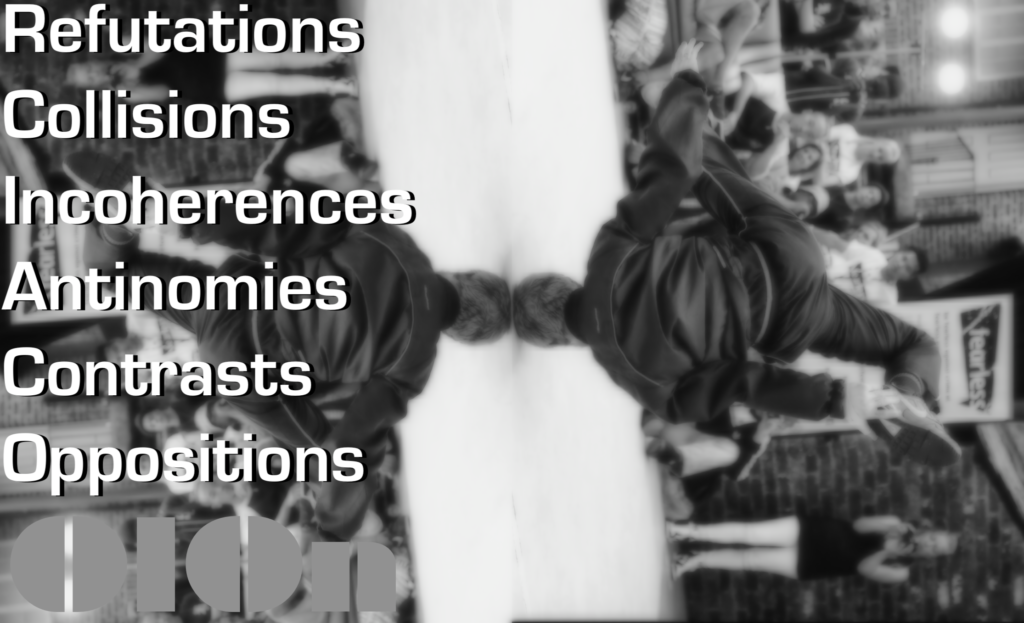
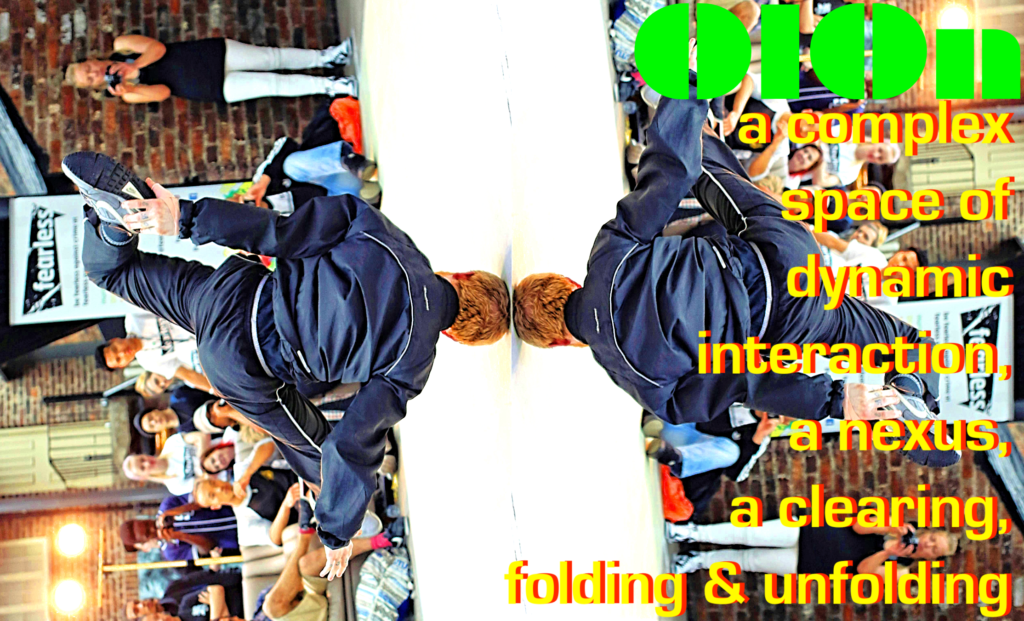
Explore ‘letIthink’ with OlOn and be part of the future of critical and creative thinking education.


…refers to the development of a child’s ability to understand and interpret their own thoughts, emotions, and the thoughts and emotions of others.


Infants are primarily focused on sensory experiences and basic needs. They begin to differentiate between themselves and the external world. While they might not fully understand their own thoughts and emotions, they react to them through facial expressions, body language and crying.


This stage is marked by the development of symbolic thinking and language. Chn start to understand that their thoughts can be represented by words and symbols. They may engage in egocentric thinking, where they struggle to see things from others’ perspectives. Their understanding of emotions also becomes more nuanced and they can label basic emotions in themselves and others.

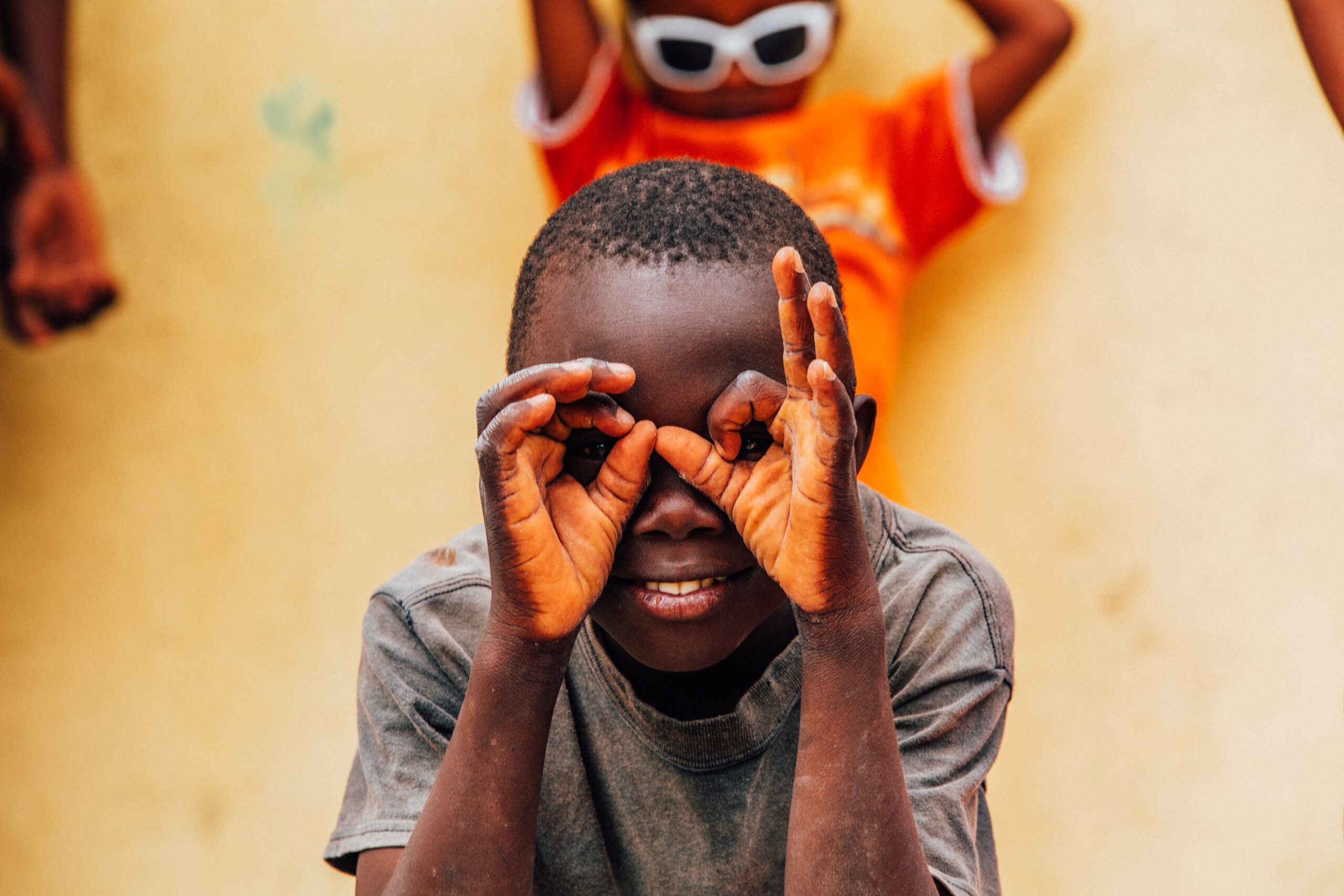
Cognitive development becomes more sophisticated during this period. Chn start to grasp the idea that others can have different thoughts, feelings and beliefs. They begin to understand the concept of perspective-taking and can consider multiple viewpoints. Their emotional vocabulary expands, and they become better at identifying and expressing their own emotions and understanding the emotions of others.

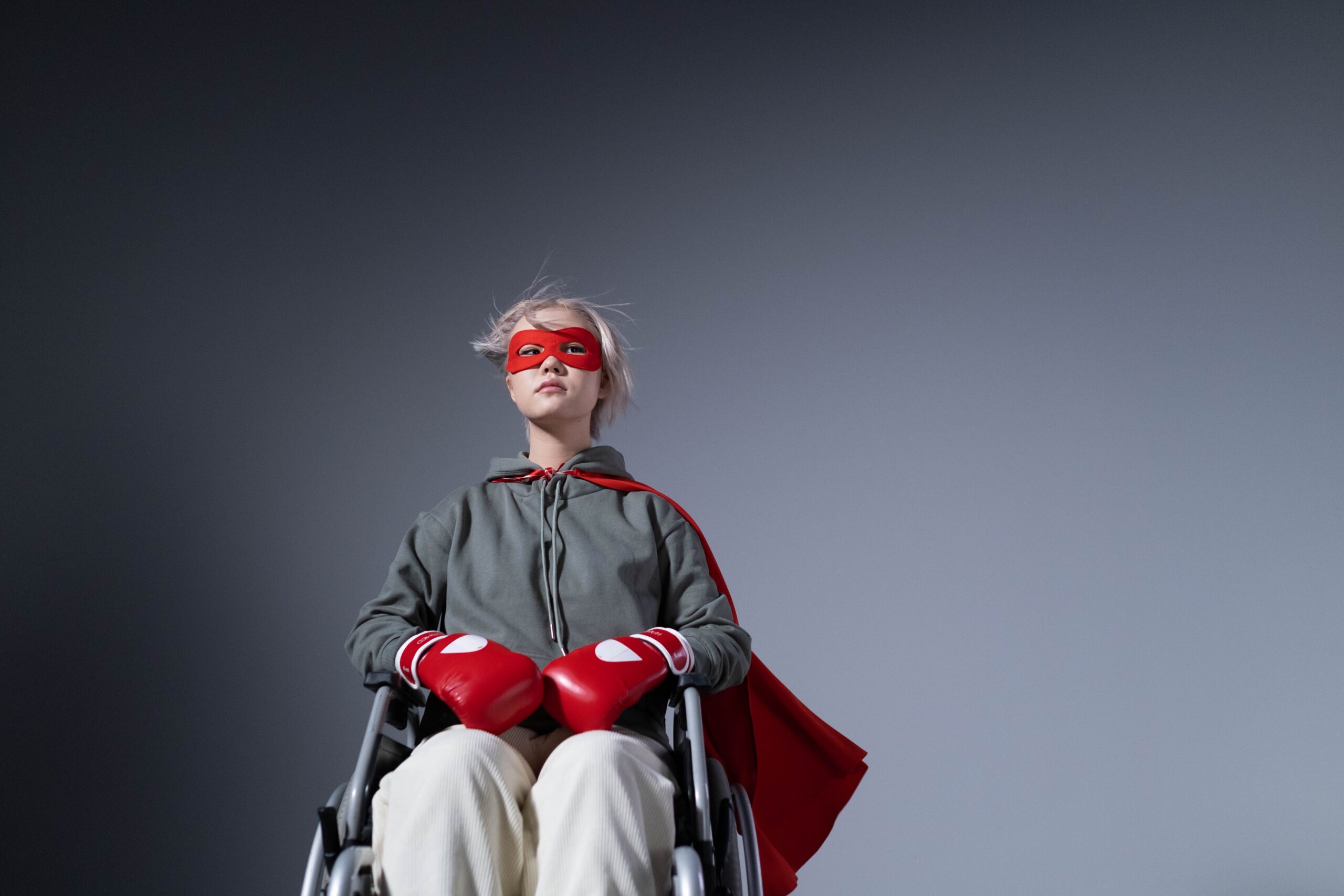
Adolescents experience significant changes in cognitive, emotional and social domains. They develop more abstract thinking abilities, allowing them to ponder complex concepts and hypothetical situations. They become more self-conscious and introspective, exploring their identities and values. They also gain a deeper understanding of others’ emotions and can engage in more empathetic and perspective-taking behaviour.

Embrace a complex nature of knowledge and learning

Expand perspectives that shape our understanding

Foster a culture of questioning and analytical thinking

Encourage innovative thought and expression

Value diverse and complementary perspectives

Appreciate the beauty inherent in knowledge and creation

Glocally interconnected border transcendance
Join us on an intellectual Odyssey, where curiosity knows no bounds and the pursuit of knowledge takes on new and exciting dimensions

∅